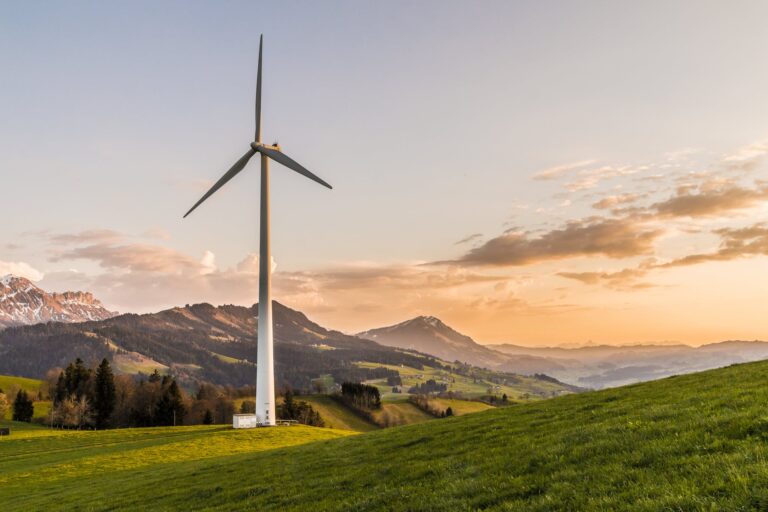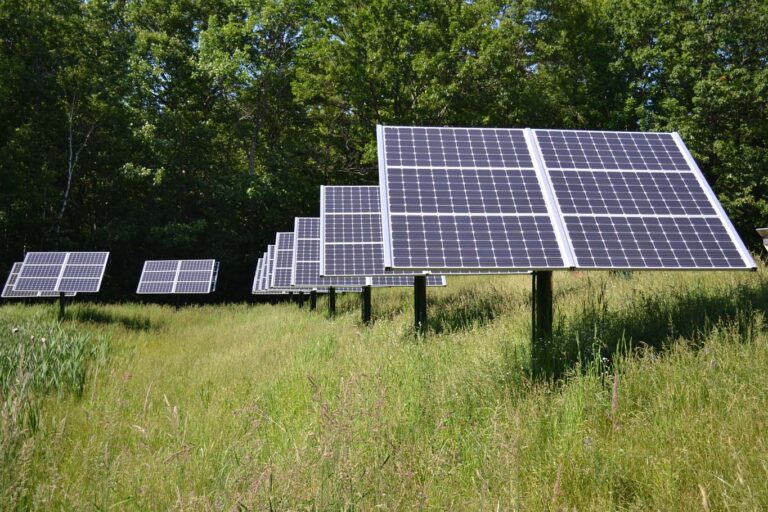Canada’s Sustainability Surge: The 2023 FDI Report
Explore Canada’s $62.3B FDI surge in green energy investments in 2023. Learn how these investments are fuelling the Canadian economy.

Explore Canada’s $62.3B FDI surge in green energy investments in 2023. Learn how these investments are fuelling the Canadian economy.

Discover the impact of Canada’s $20.9B clean tech investment. Explore sustainable funding opportunities and stay updated on 2024’s eco-initiatives.

The Canadian government is launching five new tax credit programs dedicated to clean energy. Launch your environmental initiatives today!

The Green Freight Program Stream 1 provides grants up to $250,000 per applicant towards third-party fleet energy assessments and truck/trailer equipment retrofits.

While there has been progress made by Canada in reducing greenhouse gas emissions since, there remains a significant need to accelerate the pace to achieve net-zero emissions by 2050.

The Green and Inclusive Community Buildings (GICB) program aims to build more community buildings and improve existing ones by making them more sustainable.

The Green Heat Challenge provides $5M in funding towards the low-cost, low-carbon heating of 10,000+ government buildings. This program is now open.

Explore the Save on Energy Retrofit program updates on incentives available to support your business on its way to becoming more energy efficient.

The Climate Action and Awareness Fund has promised $206M funding for projects that will help reduce Canada’s greenhouse gas emissions.

Large-scale shifts in human behaviour and industry has resulted in massive environmental changes related to COVID-19.